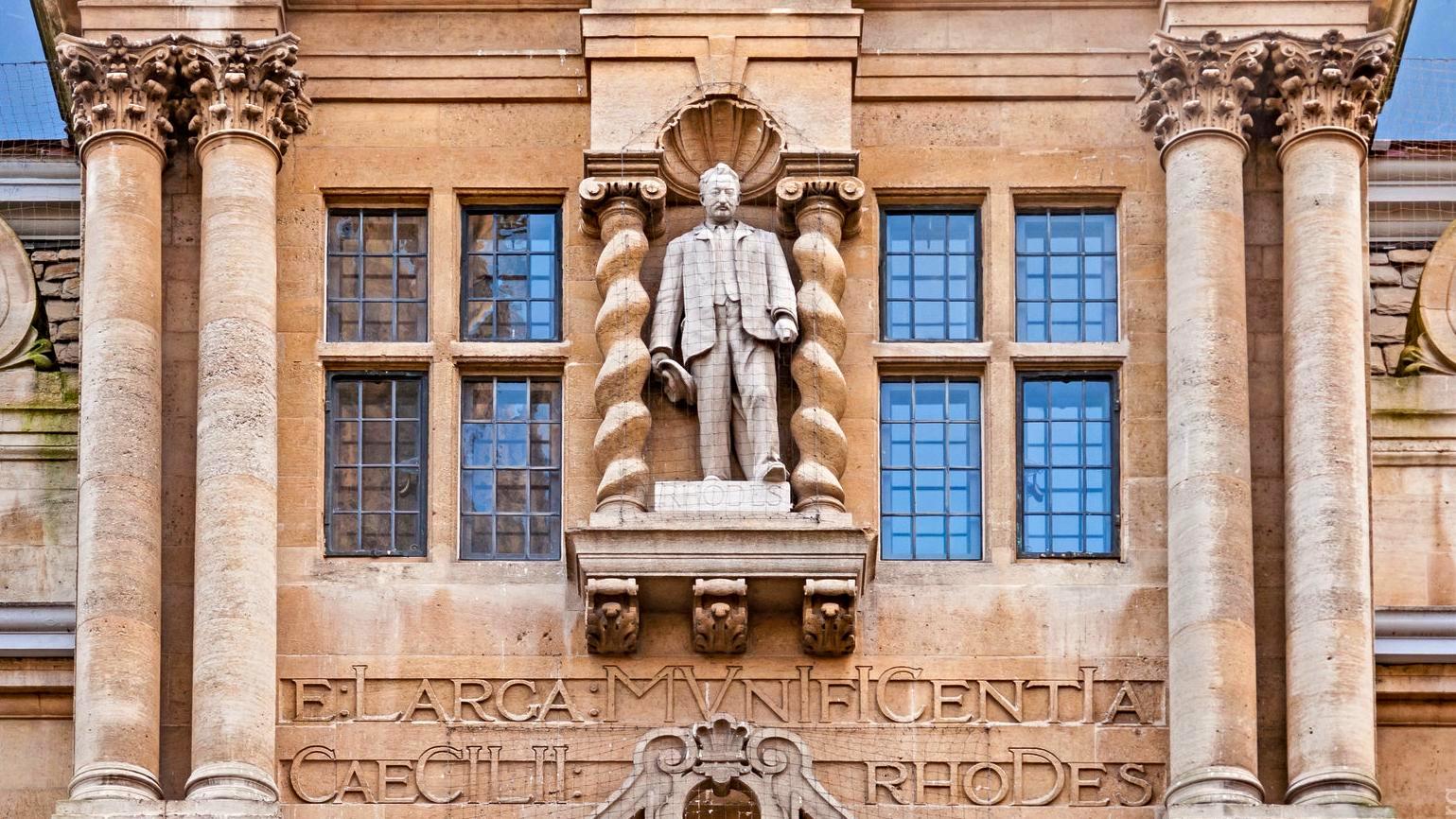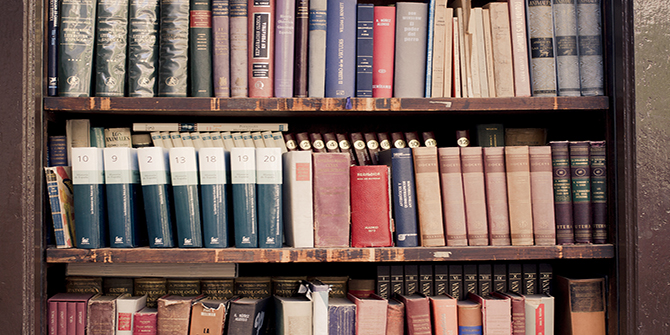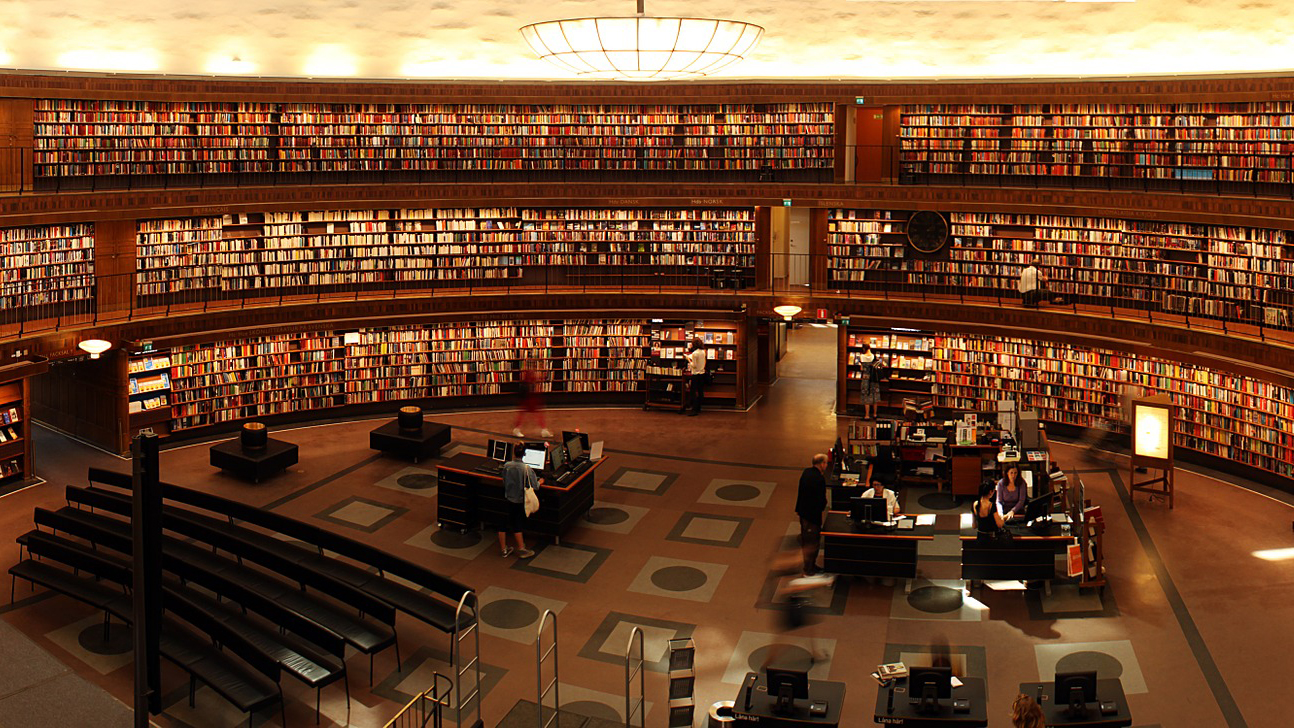Since the Second World War, Madagascar has witnessed multiple episodes of violence, which have been primarily triggered by ideological and political cleavages. A closer look, however, reveals that churches, as major cultural, political and societal actors in the country, have also played a fundamental role in these processes, at times escalating the conflict and at others participating in peace processes.
Since the Second World War and its independence in 1960, Madagascar has witnessed multiple episodes of conflict and violence, most notably in 1947, 1971, 1972, 1975, 1985, 1991, 1996, 2002 and 2009. Because these events have usually been understood as ideological and political in nature, most solutions including mediation, negotiation and conflict resolution initiatives have so far focused on institutional and political solutions, such as setting up governments of transition, the organisation of elections or power sharing arrangements. But what about the role played by other factors, such as Churches and religions?
Religions and Churches play important political, social and cultural roles in Madagascar, where, according to the last official census published in 1993, the population is 52% animist, 41% Christian and 7% Muslim – although the Madagascar 2017 International Religious Freedom report estimated that the number of Muslims might have grown to 20–25% of the population. Besides their TV and radio stations, or their newspapers, Churches exert their influence through education and socio-economic support for the most deprived.
Considering the importance of religion in everyday life in Madagascar, it is not surprising to see that Churches have been involved in multiple ways, and to various degrees, in the episodes of violence witnessed in the Red Island. Research has now well established the complexity of the nexus between religions and conflicts, and has shown that religions and Churches can impact the conflict cycle in multiple and sometimes contradictory ways. In Madagascar, even if the recurring conflict is clearly not religious in nature, Churches have played four major roles in the development, recurrence and resolution of the conflict.
The roles churches have played in Madagascar’s conflicts
First, Malagasy Churches have at times been direct participants in violence, as a way to gain more followers. In 2000, for instance, a conflict erupted between the Protestant Church called FJKM (Church of Jesus Christ in Madagascar) and one of the leaders of its congregations. This conflict led to the birth of a new Church of revivalists called FPVM (New Protestant Church of Madagascar). The politician Marc Ravalomanana, who was in one of the main conflicting parties in the episode of conflict in 2009, was also the FJKM’s Vice-President. Actions and accusations from both sides involved symbolic and direct violence, such as physical violence against some pastors and catechists of the FJKM, takeover of their properties and Church funds, and street violence.
Because in Madagascar politics, religion, class and socio-economic issues are deeply intertwined, Churches have sometimes also been directly active on the political stage, with religious leaders acting as political actors, taking sides and/or supporting conflict parties. For example, during the episode of violence that occurred in 2002, the Catholic Church openly supported Ravalomanana’s candidacy for President. However, during the political crisis in 2009, the Protestant Church supported Ravalomanana and the Catholic Church switched sides to back opposition leader Andry Rajoelina.
A third way in which religion has had an impact on the history of violence and conflict in Madagascar is its frequent use by political actors for legitimising violence, and for mobilising the grassroots. In particular, religious images, myths, references, rituals and values have been repeatedly instrumentalised for political purposes. For instance, the former president Ravalomanana used during his election campaign in year 2001, and is still using, the verse in Marc 5:36 ‘Be not afraid, only believe’ as a political slogan, which has attracted many followers. Moreover, since the conflict in 2002, the Fifohazana shepherds who belong to the revivalist movement have systematically been called to exorcise governmental buildings. These have had significant impacts in terms of mobilisation processes and the creation of a strong basis of supporters and devoted followers during conflict periods.
In parallel, religious leaders have frequently acted as mediators and peacemakers in the episodes of conflict in Madagascar. While this might sound contradictory, religious actors have also used their political, social and cultural influence in order to call for peace by invoking values of tolerance, peace or empathy. They have been especially effective in mediating and resolving local conflicts. Such an involvement is not new in this country as religious actors have always been considered as the Ray aman-dReny (or the ‘parents’).
During the violent episode in 1972 for instance, the Churches (Catholic, FJKM, Lutheran, Anglican) urged for reforms, as well as for the revision of the cooperation agreements between France and Madagascar, thereby trying to bring peace and stability to the country. As another example, in 1991 episode the Christian Council of Churches, the ‘FFKM’, successfully mediated the high-level negotiations that led to setting up a government of transition towards the third republic. During that period, they even acted as powerful decision-makers drafting and writing the new constitution.
The example of Madagascar demonstrates the complexity of the links between religions, Churches and violence. Since they are located at the very core of the political, social and cultural fabric of Malagasy society, religious actors can and do play key roles in conflicts, as conflict parties, as peacemakers, and sometimes both at the same time. Whether it is because of their fight against inequalities, marginalisation and exclusion, or because of their involvement in corruption scandals at the state level, they find themselves embroiled in conflict dynamics. Their societal importance means that building sustainable and lasting peace in Madagascar cannot be achieved without their contribution and participation.
Photo by Shotlist on Unsplash.






This a great website for reports on the history of Madagascar.